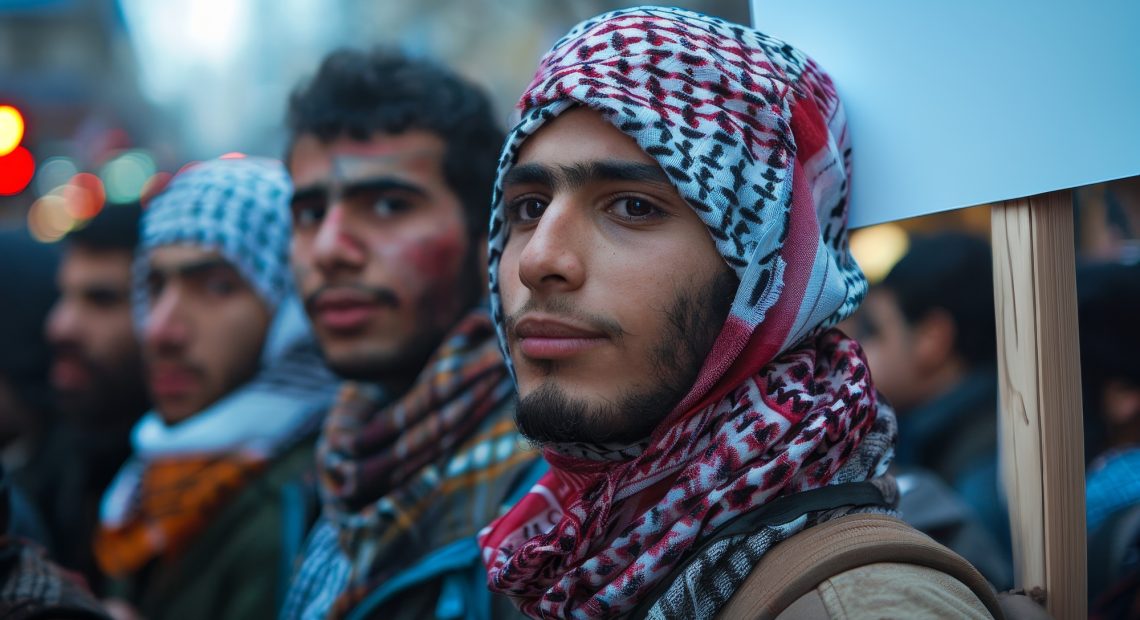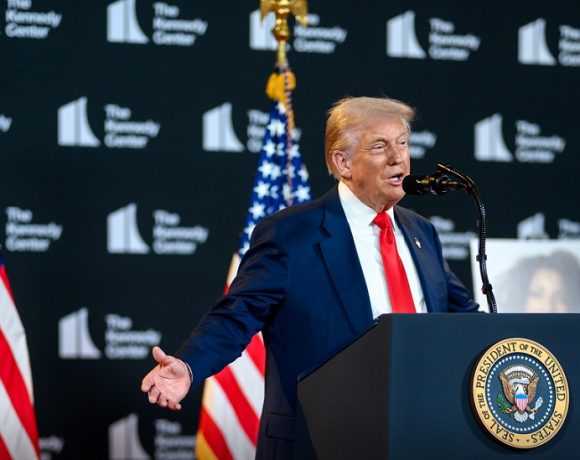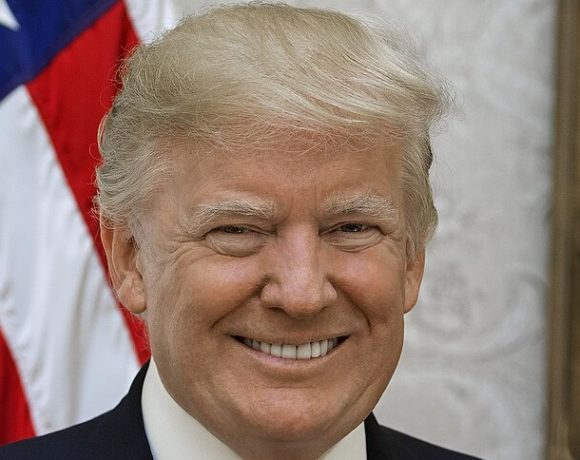
4,700 Pakistani Beggars Deported from Saudi Arabia, Says Defence Minister
Defence Minister Khawaja Muhammad Asif has revealed that more than 4,700 Pakistani nationals have been deported from Saudi Arabia due to their involvement in organized begging. Speaking at a public gathering in Sialkot, Asif criticized what he described as a nationwide “begging industry,” stating that around 22 million individuals in Pakistan are part of this informal economy, collectively generating billions of rupees annually.
The deported individuals, many of whom reportedly hailed from South Punjab, Karachi, and Interior Sindh, were sent back as part of a crackdown by Gulf nations targeting professional beggars. Upon their arrival in Pakistan, these individuals were placed on the Federal Investigation Agency’s Passport Control List (PCL), which restricts them from traveling abroad in the future.
Saudi Arabia’s strict anti-begging laws impose heavy fines and prison sentences on offenders. Foreign nationals involved in such activities are deported following the completion of their sentences, as part of the kingdom’s broader efforts to curb illegal activities and maintain public order.
Officials noted that in many cases, these deported individuals had entered Saudi Arabia using pilgrimage or visit visas and were found operating as part of organized networks. Some were reportedly repeat offenders, having exploited legal loopholes and lax enforcement mechanisms to return to Gulf countries under new identities.
The Pakistani government has come under growing pressure to address the issue of human trafficking networks that facilitate the movement of such individuals. The FIA has intensified efforts to identify and dismantle these groups, with particular focus on those operating in urban slums and rural pockets where the recruitment of beggars is rampant.
Alongside this issue, Asif also urged the business community in Sialkot to establish their own financial institutions to boost local economic activities and reduce dependency on government support.
The episode has reignited national debate around socio-economic inequality, unregulated migration, and the need for institutional reforms to curb exploitation under the guise of poverty.


















